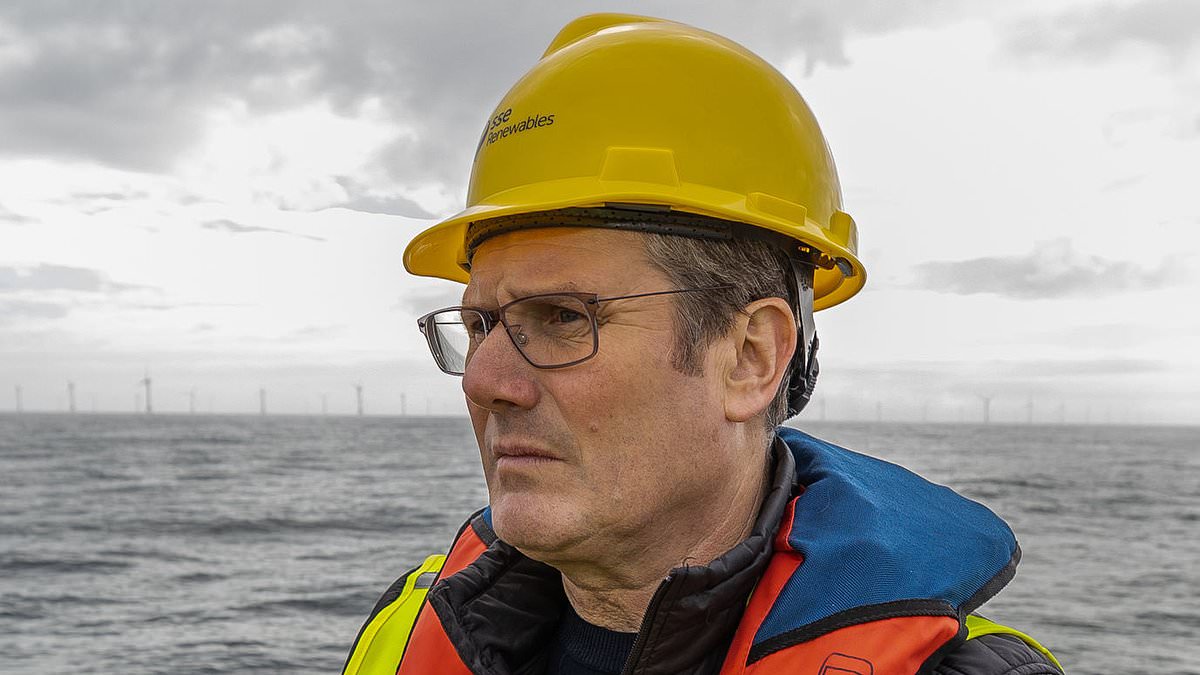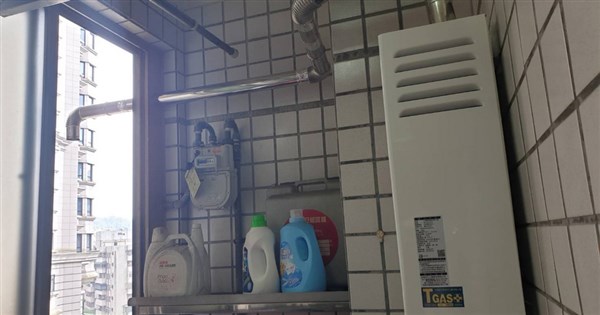Labour’s Green Investment: Scaling Back Amidst Fiscal Concerns
In a recent interview, Labour leader Sir Keir Starmer has hesitated to recommit to the £140 billion green spending plan aimed at creating a zero-carbon electricity system by 2030. The initial promise, made in 2021, outlined an annual investment of £28 billion in green projects until 2030, totaling £140 billion.
Rethinking the £140 Billion Commitment
Sir Keir’s latest suggestion hints at a potential scaling back of plans to borrow billions to meet this ambitious pledge. Shadow Chancellor Rachel Reeves had indicated last year that the £140 billion figure would be a target in the second half of the first parliament.
Labour’s Commitment to Clean Power by 2030
Despite the potential adjustment in spending plans, Sir Keir emphasizes that the commitment to achieving clean power by 2030 remains unchanged. He highlights the need for catalytic investment to attract private funding for green initiatives.
Tory Scrutiny and Fiscal Questions
The Conservative Party questions the feasibility of Labour’s 2030 pledge without committing to the £28 billion annual investment, which was based on Labour’s own costings. The Institute for Fiscal Studies raises concerns about the lack of additional funds for critical sectors like health, education, and local government.
Internal Divisions and Future Ambitions
Labour’s internal divisions over economic policies are exposed, with debates between fiscal hawks and those advocating for a more expansive economic policy. As Chancellor Jeremy Hunt urges clarity on funding sources, the public perception of Labour’s green plan and Sir Keir’s leadership is under scrutiny.
As Sir Keir navigates the scrutiny surrounding the green spending plan, the internal dynamics of the Labour Party and the pressing need for substantial investments in clean power shape the ongoing discourse on the UK’s energy future.
Source:dailymail.co.uk





